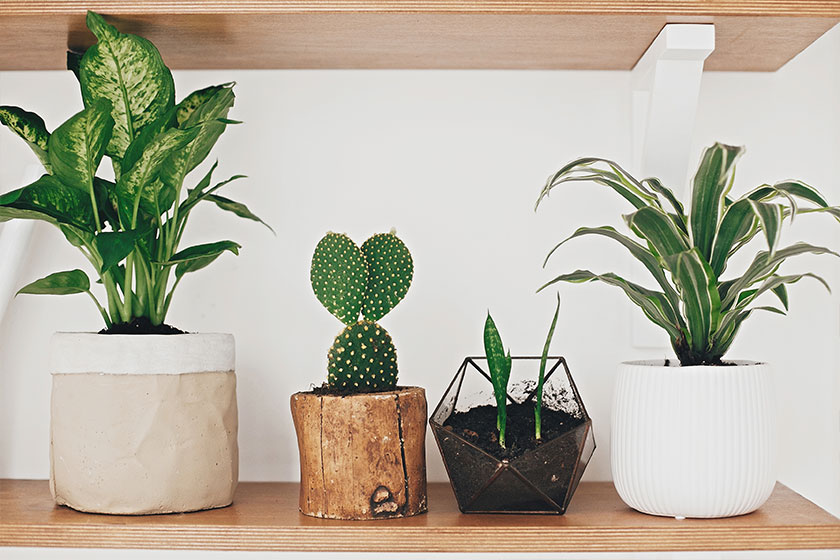When it comes to senior living in Marco Island, FL, indoor air quality is essential for maintaining good health and well-being. Poor indoor air quality can lead to respiratory problems, allergies, and other health issues. Luckily, there are many easy ways to improve indoor air quality in senior living communities.
Regular Cleaning
One of the easiest ways to improve indoor air quality is to maintain a clean living space. Regular cleaning, including dusting and vacuuming, can help remove allergens, dust, and other pollutants that can accumulate over time. It is essential to ensure that the cleaning products being used are not harsh and do not contain any toxic chemicals that could negatively impact indoor air quality. It helps if your community provides housekeeping services.
Air Purifiers
Air purifiers are designed to remove particles and pollutants from the air. They can be particularly useful for residents with allergies or respiratory issues. There are many types of air purifiers available, including portable units and whole-house systems.
Humidity Control
Maintaining the right level of humidity in your living space is important for indoor air quality. High humidity can lead to mold growth, while low humidity can dry out your respiratory system. Consider using a humidifier or dehumidifier to maintain optimal humidity levels.
The ideal relative humidity level is between 30% to 50%. If the humidity level is too high, it is necessary to address the root cause of excess humidity, which could be due to water leaks, poor ventilation, or other issues. If the humidity level is too low, a humidifier can be used to increase the moisture in the air.
Proper Ventilation
Proper ventilation is essential for improving indoor air quality. Make sure that your living space has adequate ventilation, such as through open windows or an HVAC system. Good ventilation can help remove pollutants and improve air circulation.
No Smoking
Smoking can have a significant impact on indoor air quality. If you or your loved ones smoke, consider quitting or limiting smoking to outdoor areas. Second-hand smoke can cause respiratory issues and other health problems.
If you have neighbors who smoke, it may be necessary to install air purifiers or seal air leaks to prevent smoke from entering your living space. It is essential to maintain good communication with your neighbors to find a solution that works for everyone.
Natural Cleaning Products
Many household cleaning products contain harsh chemicals that can impact indoor air quality. Consider using natural cleaning products, such as vinegar or baking soda, which are non-toxic and safer for both people and the environment.
Using natural cleaning products can help to reduce the amount of chemicals and toxins in the air, which can improve indoor air quality. In addition, consider using cleaning tools that do not require chemicals, such as steam cleaners or microfiber cloths.
Indoor Plants
Indoor plants not only add aesthetic appeal to your living space, but they can also help improve indoor air quality. Plants can help remove pollutants from the air and add oxygen to your living space.
In conclusion, a sanitized, well-ventilated and kept space in senior living communities is important for maintaining good health and well-being. Regular cleaning, air purifiers, humidity control, proper ventilation, no smoking, natural cleaning products, and indoor plants are all effective ways to improve indoor air quality. By implementing these easy steps, residents can enjoy a cleaner, healthier living space.







